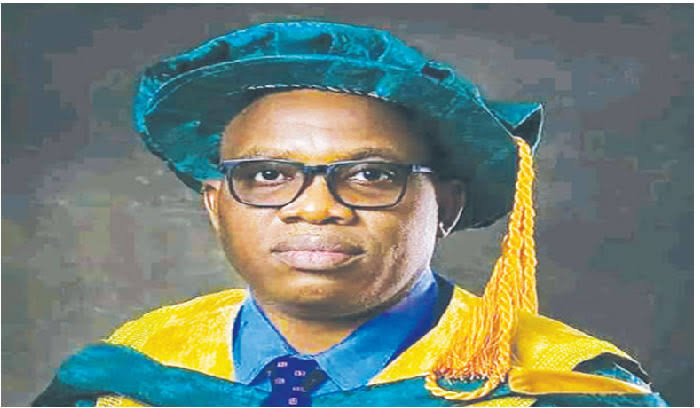Exactly 4 years ago, I received my PhD degree after a bitter-sweet experience which lasted for 3 years 9 months (from September 21, 2015 to June 12, 2019).
For 2 hours 35 mins I was drilled by the External Examiner, a Professor from the University of Exeter and UCL, who dissected every section of my 253-paged PhD Thesis. “Congratulations, Dr. Macaulay,” she finally said to me.
Funny enough, despite all the excitement going on around me from friends, colleagues and even my supervisors, I felt lukewarm. Perhaps, because I was exhausted and mentally drained which made me fail to realise the gravity of what had happened.
“You finally attained the highest level of formal education”, one of friends said to me. But it didn’t feel so. I felt ordinary and normal. In my light blue suit, I ensured to maintain broad smiles so that I would look good in my pictures. Lol….but the truth is, I couldn’t wait to get home, remove all my clothes and just sleep for 7days undisturbed. Lol. I was tired physically and psychologically.
A PhD is not for the faint-hearted. You will feel all alone at some point, and it will stretch you mentally beyond your limits. As a result, you require beyond intelligence to succeed in it. You need to be tough and resilient.
There is a reason why the PhD acronym is popularly nicknamed, “Permanent Head Damage.” It tests your mental resilience and capacity to think around problems and solve them.
What made mine more challenging was because I had my PhD in the Department of Geology. Imagine a Biologist with a background in Environmental Science, going to Geology for his PhD. I struggled.
By the way, this choice wasn’t deliberate. I saw the PhD advert online and I liked the idea of studying the mobilisation of arsenic in drinking aquifers. So I applied.
Little did I know that the degree was hosted by the Department of Geology and I would be supervised by 3 Professors with backgrounds in Geochemistry, Geomicrobiology and Hydrogeology. Not until I got to the University of Manchester did I realise what I had done.

I remember my first meeting with my main supervisor. He was talking about rocks and minerals and I sat there completely lost. Lol. I was so worried that I sent an 8 paragraph distress email to the Postgraduate Research Coordinator who summoned me to his office and gave me a fatherly advice which solved the problem.
“We assessed your academic background before offering you the PhD role. We knew you could do it and that was why you were admitted. Let’s assume we made a mistake. What about the Commonwealth Scholarship Commission? They did their background checks before awarding you the PhD Scholarship and in fact, they were here physically to discuss your bench fees which have been fully paid. If this move is indeed an error, trust me you will not be here. It is normal for you to feel confused in the beginning, but you will end up teaching your supervisors later”, he said to me, and I felt much better afterwards.
I realised it was a mental battle so I told myself constantly every day that I could do it.
I started by borrowing a textbook from the University’s library, titled, “Sedimentology” to enable me understand the basics of these rocks and minerals I kept hearing from my supervisor.
The rest is history.
I graduated excellently in the end. I even got an award for the Best Poster Presentation (the People’s Choice category) at one of the Postgraduate Conferences.
Most importantly, I ended up developing a novel process of capturing arsenic-respiring microbes from aquifers, and this made my oral defense to be like a conversation rather than an examination.
I survived.
Unfortunately, I lost friendships and relationships during my PhD, because I was mentally occupied and did not have the luxury of time to build them properly.
I accept my losses and appreciate my wins.

In all, I am grateful to God for helping me succeed against all odds.
I hope this inspires someone (especially a current PhD student) to keep going and to never give up; one more push and you will cross the finish line.
Happy 4th PhD Anniversary to me.











